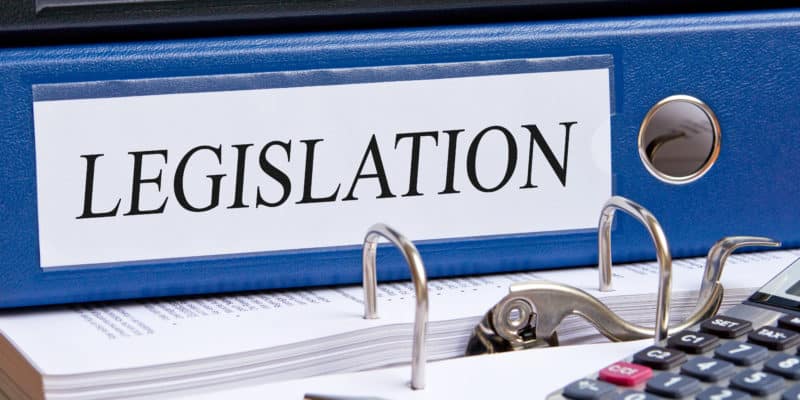The National Law Review
Wednesday, May 9, 2018
A little more than 100 days into his tenure, New Jersey Governor Phil Murphy has made it clear that employment is one of his top priorities. In the past two weeks, Gov. Murphy has signed a Paid Sick Leave and an Equal Pay bill into law and established a Task Force on Employee Misclassification.
Paid Sick Leave
The New Jersey Paid Sick Leave Act was signed into law on May 2, 2018, and takes effect on October 29, 2018. It will require New Jersey employers of all sizes to offer their employees one hour of sick leave for every 30 hours worked. Covered employees will be eligible for paid sick leave after 120 days of employment and are then permitted to use up to 40 hours of sick leave per benefit year. Employers may set the benefit year. The benefit year does not need to be a calendar year but once set, it cannot be changed without prior notification to the New Jersey Department of Labor and Workforce Development. In lieu of tracking each hour worked and earned, employers may offer 40 hours of paid sick time at the beginning of each benefit year or utilize an existing paid-time-off policy so long as it confers equal or richer paid leave benefits than those provided for in the Act.
…
The Equal Pay Act
The Diane B. Allen Equal Pay Act (NJEPA), signed into law by the Gov. Murphy last month, will take effect in less than four weeks – on July 1, 2018. New Jersey employers across industries should pay close attention to this effective date because the law places onerous requirements on them. The NJEPA contains extensive amendments to the New Jersey Law Against Discrimination (NJLAD) through its:
- Prohibition of compensation discrimination on the basis of any protected class for “substantially similar work when viewed as a composite of skill, effort, and responsibilities”
- Increased statute of limitations period from two to six years for claims alleging pay inequity or discrimination
- Mandatory treble damages for successful plaintiffs
Task Force on Employee Misclassification
On May 3, 2018, Gov. Murphy signed an executive order establishing a Task Force on Employee Misclassification. Misclassification is when workers are incorrectly labeled as independent contractors rather than employees. Workers who are incorrectly classified frequently are not provided benefits and other protections available to employees, such as minimum wage, overtime compensation, family and medical leave, unemployment insurance, and workers’ compensation.
The New Jersey Task Force will be charged with a number of responsibilities to combat employee misclassification, including:
- Examining and evaluating existing misclassification enforcement by executive departments and agencies
- Developing best practices by departments and agencies to increase coordination of information and efficient enforcement
- Developing recommendations to foster compliance with the law, including by educating employers, workers, and the public about misclassification
- Conducting a review of existing law and applicable procedures related to misclassification


